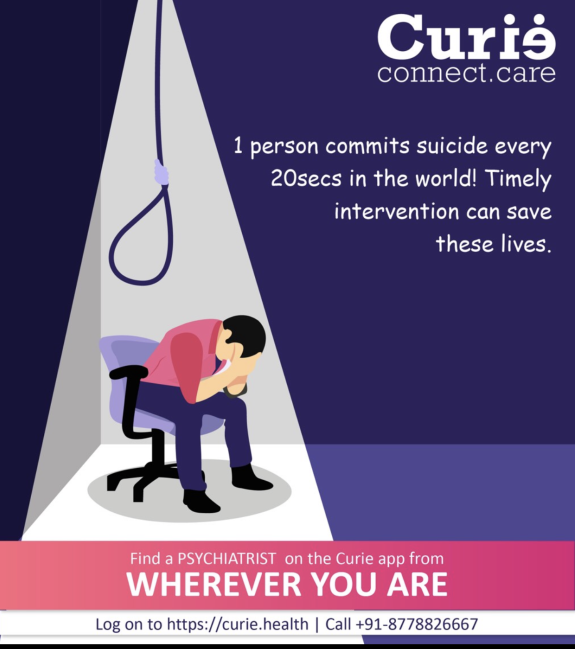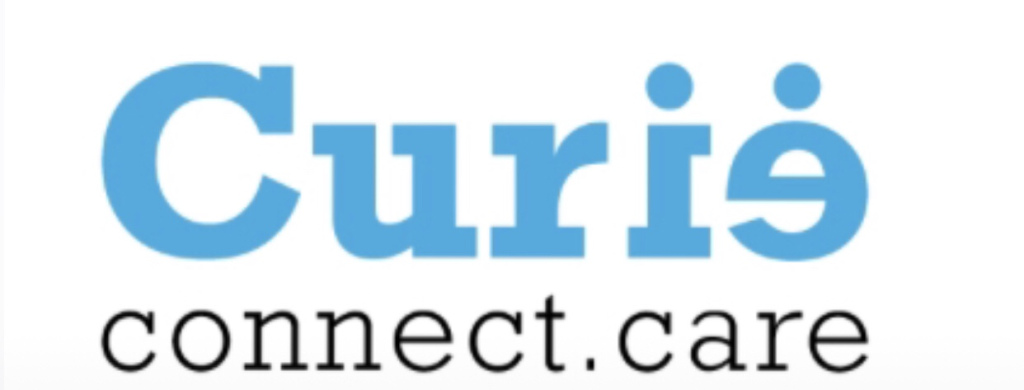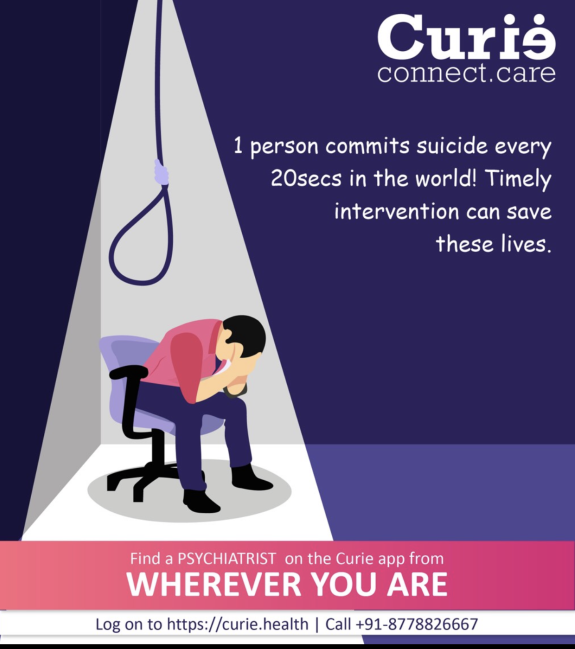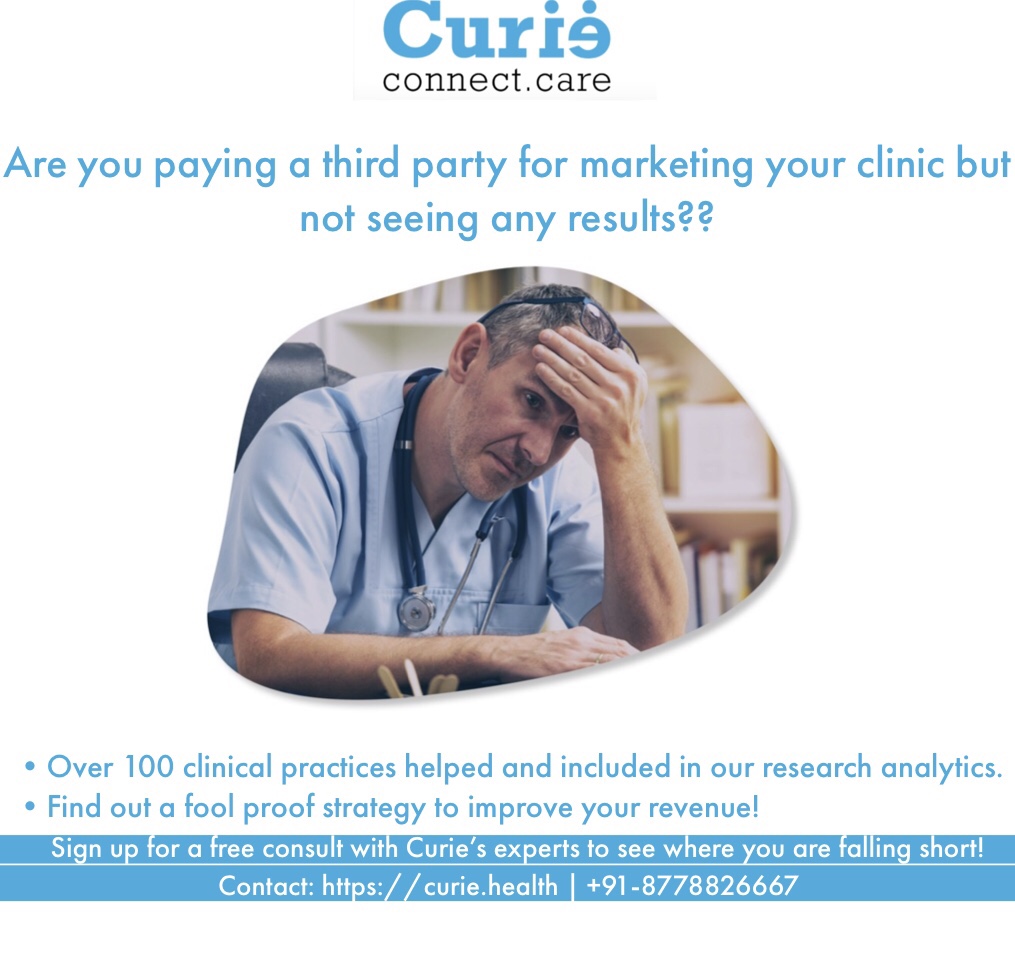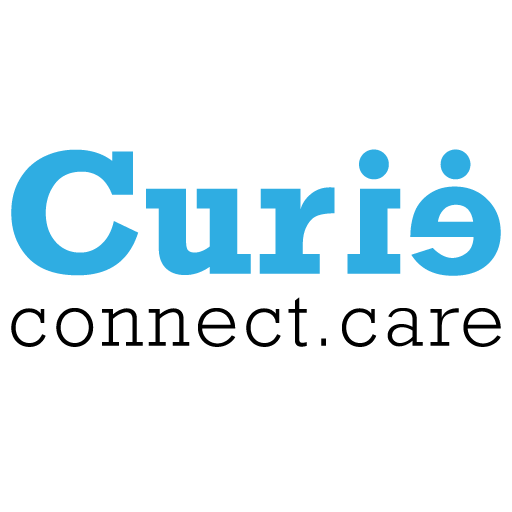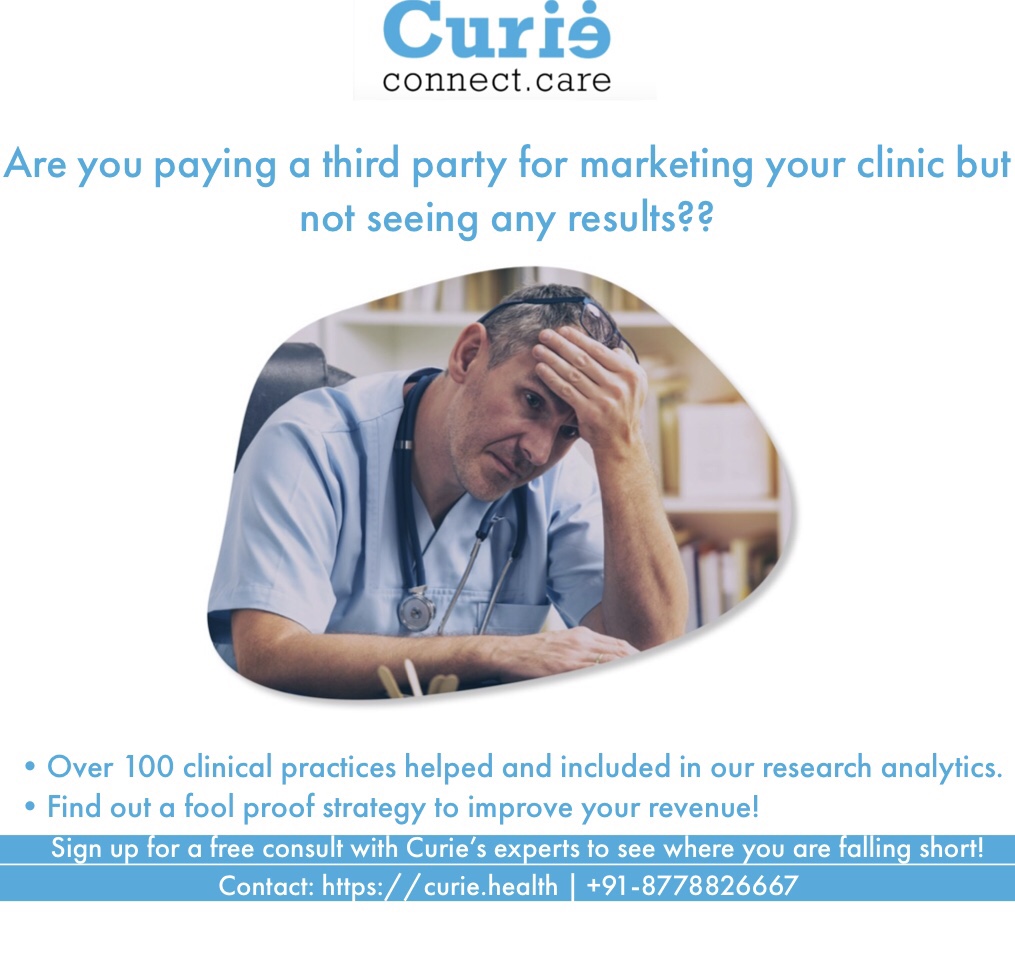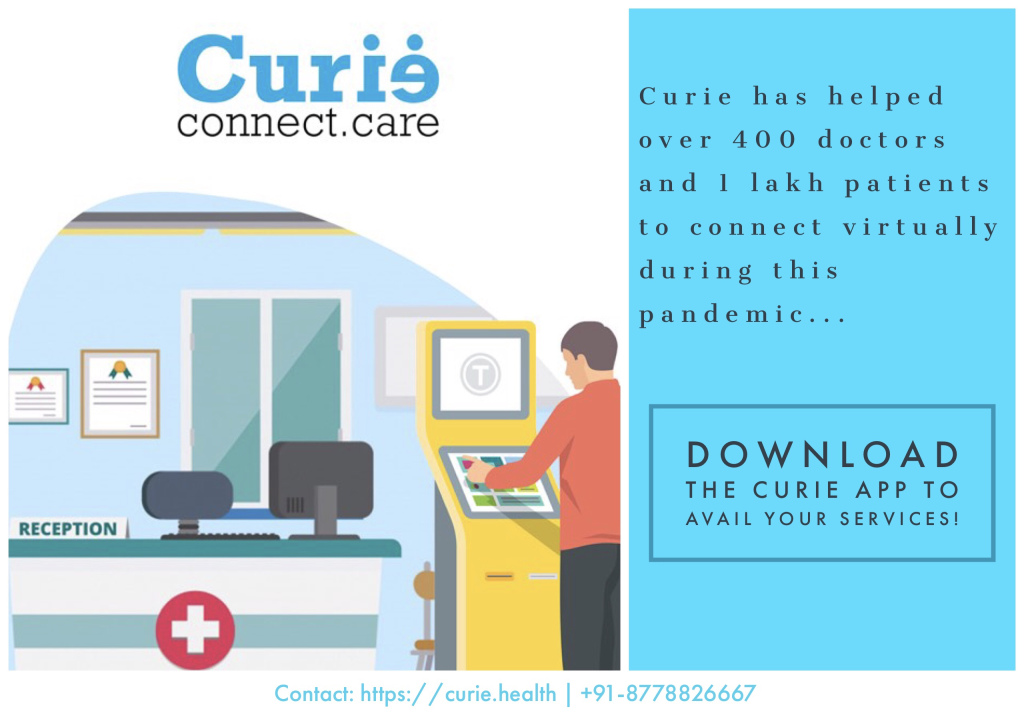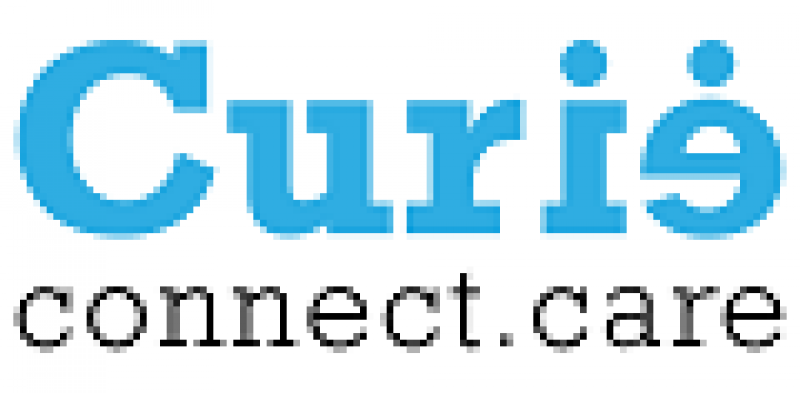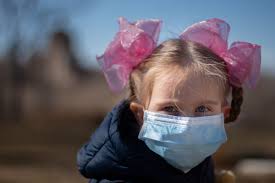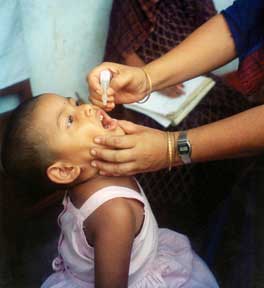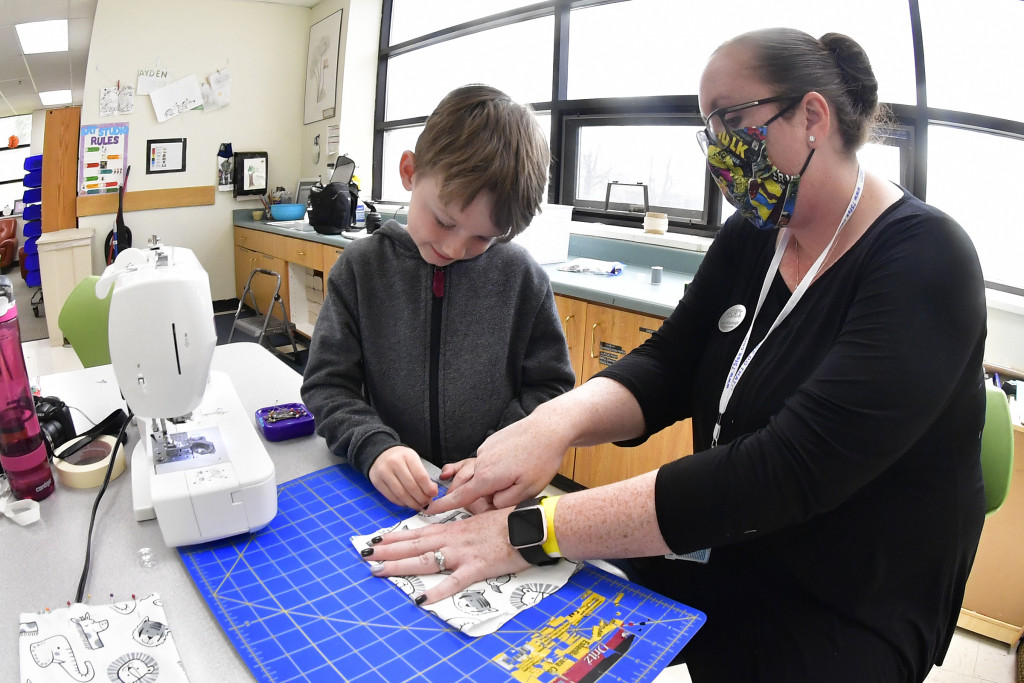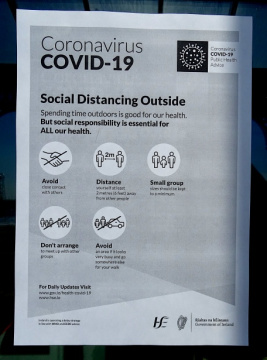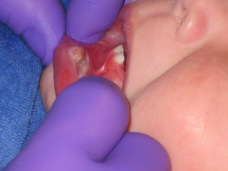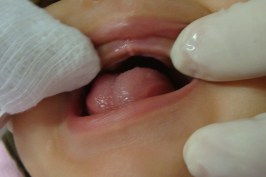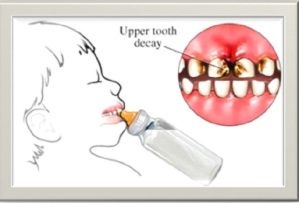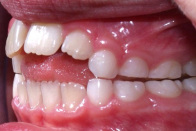
During and post the birth of a child, a woman goes through a lot of changes both physically as well as emotionally. To help keep the physical health in check, it is important to be aware of the following:
To help alleviate issues in the future and to reverse some of the pregnancy related changes, dietary changes and exercises should be incorporated into every woman’s routine after the birth of the child.

Lower abdomen and Pelvic floor strengthening exercises :
- Focus should be given to this during and post pregnancy.
- This involves basic exercises such as squats or kegel exercises that needs to be done to strengthen the pelvic floor muscles.
- These exercises can be initiated 2-5 days post delivery of a child. A doctor’s or physiotherapist’s recommendation should be followed before commencing.
- In case of any pain or discomfort, exercises should be discontinued and expert opinion should be sought after.
- These exercises help in controlling and strengthening your bladder and improves bowel control.
- Basic exercises involves squeezing and relaxing of pelvic and abdominal muscles and continuing this for a short period.
- Pelvic tilts and abdominal bracing can help in toning and strengthening these muscles.
Back muscles strengthening:
- New mothers are prone to backache and injury and these exercises help prevent them.
- Maintaining good posture, avoiding heavy object lifting, using chairs with good back support and avoiding prolonged bending or stretching can help avoid these issues.
Good eating habits:
- Incorporating fibre rich foods into your meals.
- Drinking adequate water everyday.

To get a better insight into good habits and proper exercises, it would be best to connect with a physiotherapist.
You can now find and teleconsult a physiotherapist on the Curie connect app!
Contact: https://curie.health , +91-8778826667 for more info.


